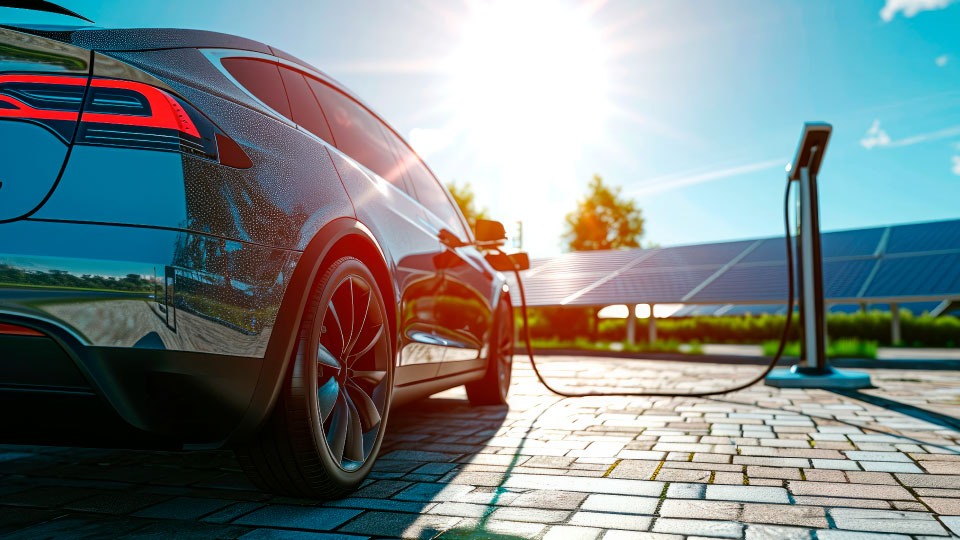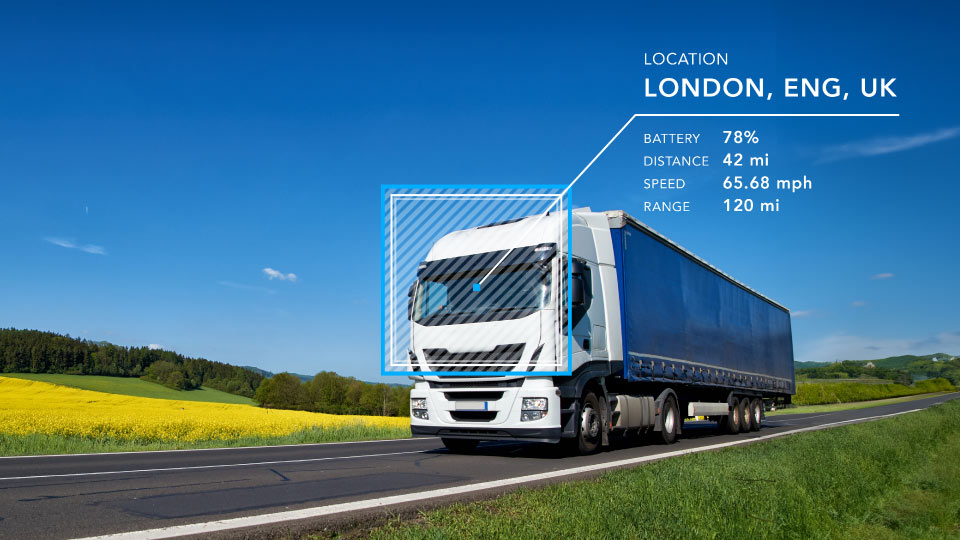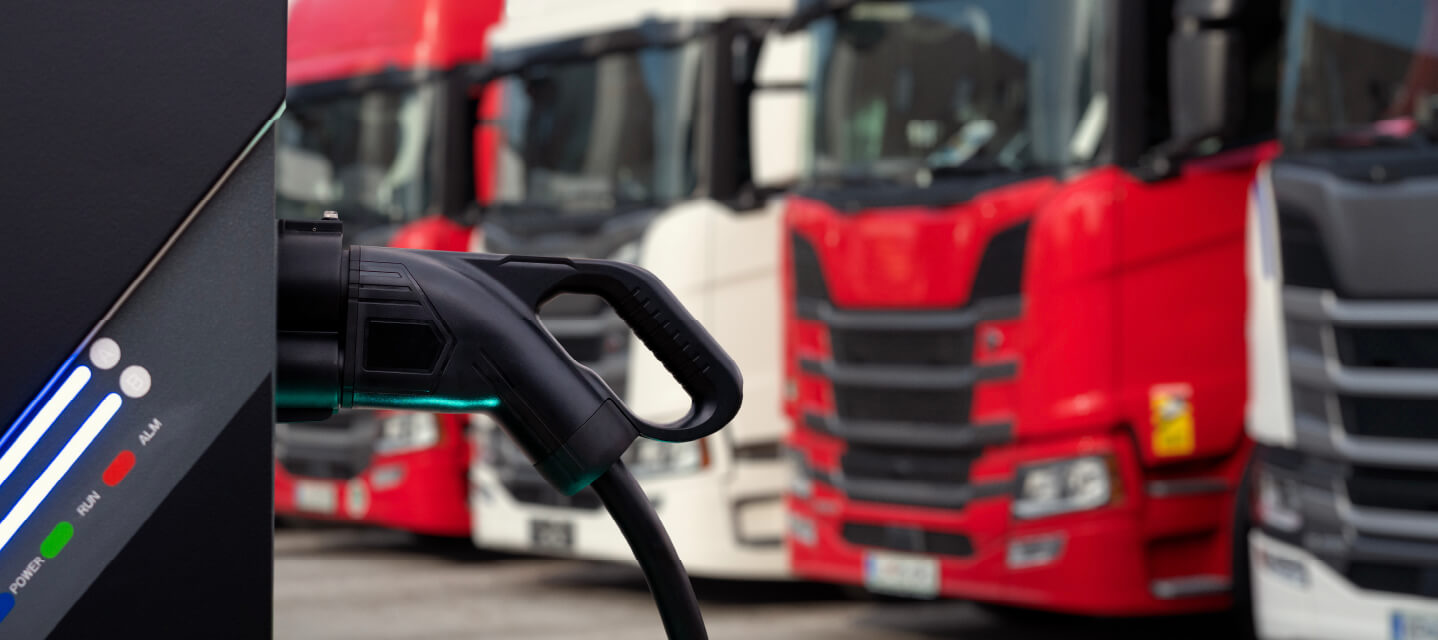Electric vehicles and geopolitics: A summary from The Economist’s Global Trade Virtual Week
Geotab participated in Global Trade Virtual Week’s panel to discuss EVs and geopolitics.

New technology will often provide new opportunities, but it can cause disruption on a large scale. Electric vehicles are a perfect example of this. They provide a solution to combat climate change and allow nations to reduce their carbon footprint. However, this transition also has many geopolitical implications.
Matt Stevens, Geotab Board Member and EV Strategist, engaged in a panel discussion, “How electric vehicles will redefine geopolitics and why it matters: collaboration and strategies for managing the transition to a greener future,” alongside other industry experts to discuss how EVs will impact geopolitics and the need for global collaboration to address these issues. Here is a summary of some of the key takeaways.
A look at global EV production
Currently, China is leading EV production in some areas. “Performance data from Chinese EVs, such as those from BYD, Geely, GAC and SAIC, suggests that the designs have already undergone refinements through multiple iterations,” said Matt Stevens. This means they are farther ahead in terms of gigawatt hours of battery capacity produced. It is unsurprising then that when you look at the overall number of EV sales, China has the largest share, accounting for 44% of global EV sales.
Jack Cheng, chief executive, MIH Alliance, Foxconn said, “If you want to compare China to others, [the difference] is very strong support from the government and also local initiatives. People here very much like to embrace change, so I think there’s more of a chance for China to go into the leadership position [on EVs].”
While China may have the highest number of EVs on the road right now, they only account for roughly 6% of their new car sales, trailing behind other countries such as Germany (14%). As EV adoption efforts continue to increase, it creates an opportunity for other markets and vehicle manufacturers to catch up.
See also: Sustainable fleets, electric vehicles and the role of telematics
Shifting key resource dependency from fuel to production
The exportation of resources will continue to be a source of wealth and influence, however the transition away from internal combustion engine (ICE) vehicles towards EVs changes what will be in demand. It reduces the importance of fossil fuels, while increasing the need for lithium, cobalt and rare-earth metals.
This will impact countries that supply these resources, but it can also create a more stable supply chain as dependencies change from fuel to production. Impact from supply limitations or surging prices will be less drastic since it will only affect those buying a particular make and model, as opposed to everyone that operates a vehicle of the same fuel type. There is also a possibility that some components of an EV, like batteries, can be produced locally. Localised production would help improve both speed and logistics.
There is a chance that the power associated with the ownership and control of these resources could shift to other countries, rather than distributing them. Regardless, nations will need to work together during this period of transition.
Balancing privacy, security and the flow of transportation data
In a separate panel during the “Global Trade Virtual Week,” Geotab founder and CEO, Neil Cawse, led a discussion – finding the right balance between privacy, security and the flow of transportation data to unlock supply chains. He discussed how the majority of fleets are using telematic data to inform their day-to-day operations. Telematics can be used to help improve safety, productivity or be used to help businesses transition to electric vehicles.
At a larger scale, telematics data could be harnessed to help governments with planning and implementing smart city systems. As an example, it could be used to simplify or eliminate toll-booth infrastructure and ticket systems for parking. In fact, telematic data sets have been leveraged in the Vision Zero program, which aims to eliminate all traffic fatalities and severe injuries.
A critical component to these initiatives is finding the right way to share data, while still maintaining a level of privacy and security. Fortunately, aggregating multiple sources of data actually provides a more robust solution, while still maintaining a level of anonymity. “One company can’t own all the data. You need to have an ecosystem around data because combining it together makes the data and the insights more powerful,” aid Neil.
Read the full summary
For more information on the strategies and issues for managing the transition to a greener future, download the full executive summary.
This ebook was first published by The Economist as part of their Global Trade Week, running from June 28 to July 2, 2021.
See also: Why China is leading the world in electric vehicle sales
Subscribe to the Geotab Blog
The Geotab Team write about company news.
Table of contents
Subscribe to the Geotab Blog
Related posts

Geotab’s new fleet Sustainability Center simplifies fuel and emissions reduction
June 13, 2025
3 minute read
.jpg)
Lead with Trust: How Geotab Helps Businesses Navigate CSRD Compliance
March 19, 2025
2 minute read

2030 or 2035, the UK Needs Meaningful Action on EVs Now
September 6, 2024
2 minute read

Driving smarter: Insights from Geotab’s “Taking Charge” Report
August 8, 2024
2 minute read

The art of the possible: Insights from Geotab’s “Taking Charge” Report
June 20, 2024
3 minute read

